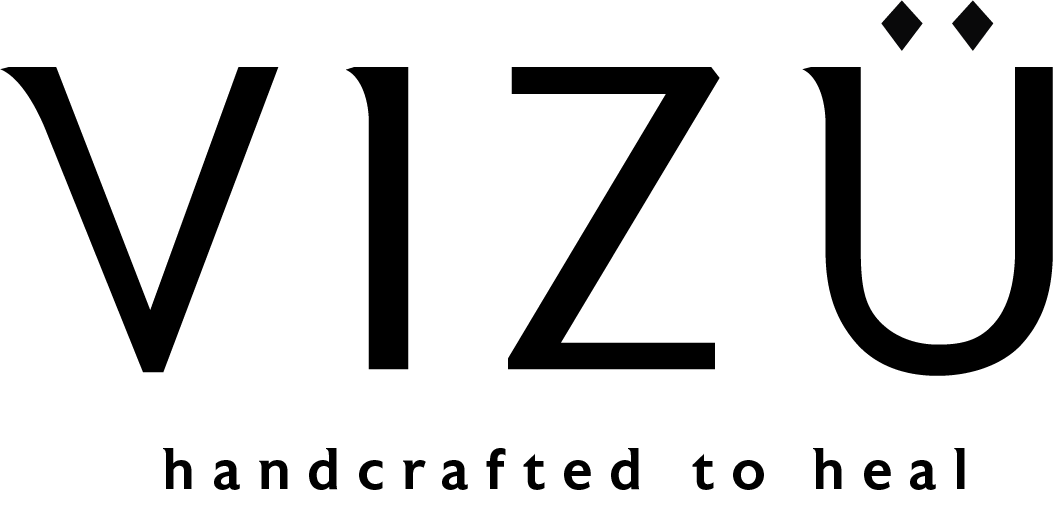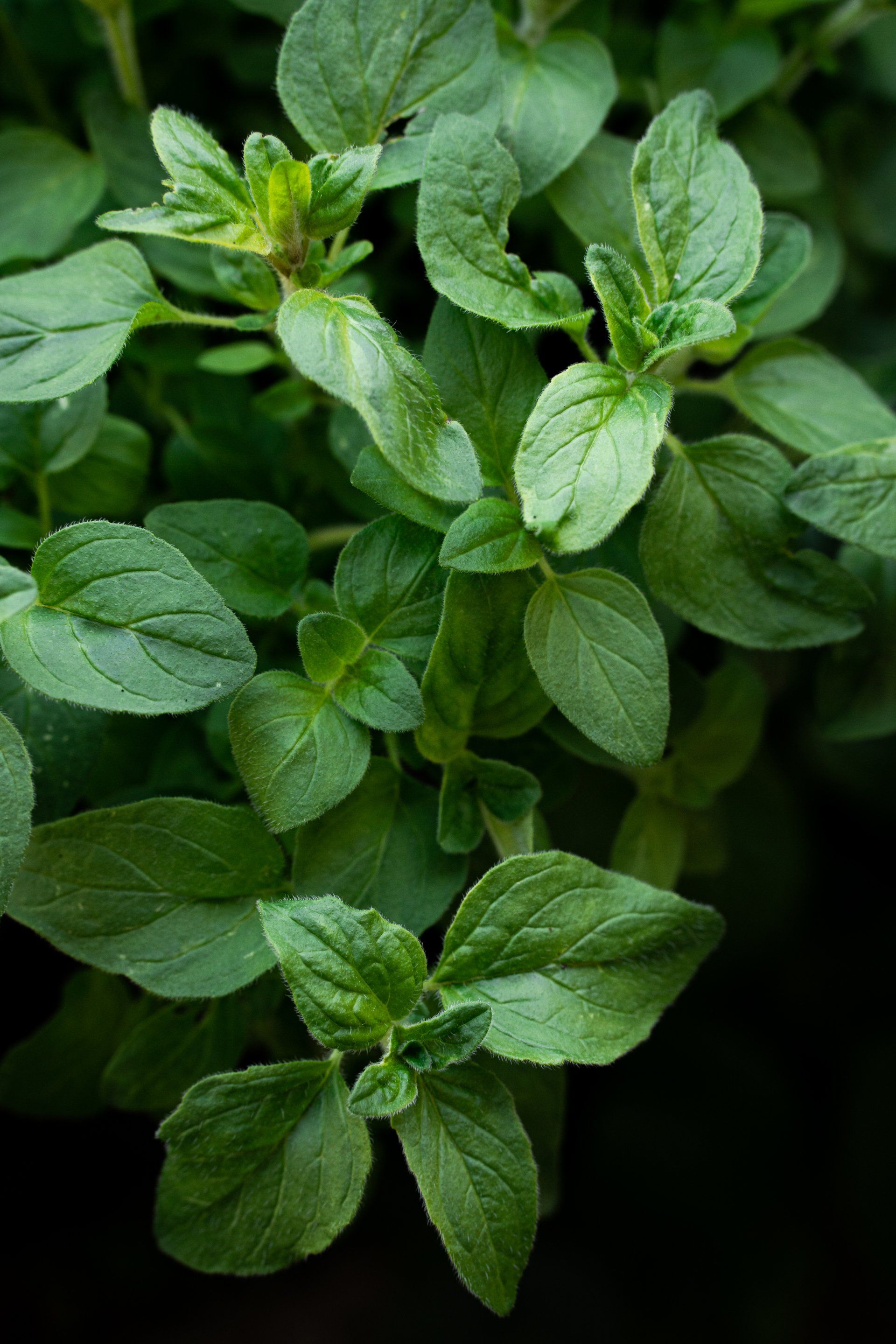There is much confusion concerning the exact botanical classification of the oregano species. There are over 70 varieties of oregano and plenty of subspecies; which only some of which are used to produce essential oils. Most of the commercial "oregano oil" is derived from the Spanish oregano (thymus capitatus) and to a lesser degree from the common oregano or wild marjoram.
Medicinal uses for oregano date back to the ancient Greek and Roman empires where applications of the leaves were used to treat such maladies as skin sores and relieve aching muscles and as an antiseptic. Oregano also has been used in traditional medicines for such ailments as asthma, cramping, diarrhea, and indigestion. In Greece and Turkey, an oregano infusion is still used as a folk remedy against colds and upset stomach and to maintain general health.
Origanum comes from the Greek words "oros" meaning mountain and "ganos", meaning joy. Oregano is a term that refers to members of Lamiaceae with many common characteristics, all of which contain carvacrol as the major component in their essential oils. Turkey is an important gene center for Lamiaceae family which is presented by 546 species. The endemism rate of Lamiaceae family in Turkey is 53%.
VIZÜ's oregano essential oil is wild harvested from one of Turkey's wild endemic species, known as minutiflorum. This endemic species are mainly found in mountainous areas of the Mediterrenean region of Turkey. Oregano Minutiflorum contains the highest level of carvacrol comparing to the other species of the plant. Carvacrol, the main active compound in oregano oil, is responsible for the strong pungent flavour that we associate with oregano, which is high anti bacterial and anti-fungal. This is perhaps why traditionally oregano is associated with purification and cleansing rituals.
Oregano herb has been traditionally used in the treatment of respiratory ailments, mouth and throat inflammation, headaches, toothaches, rheumatism, as an antibiotic, expectorant in bronchitis, antispasmodic, appetite stimulant, diuretic, diaphoretic, and as a mild sedative.
A number of studies
support antibiotic, antifungal, anti-inflammatory, and immune-stimulant properties, as well as carvacrol’s effects on digestive and cardiovascular health. Carvacrol is also used in the United States as a food additive, with demonstrated antiseptic and antioxidant properties in food preservation.
Today, oregano is one of the most widely used and researched herbs online. The antioxidant content of oregano is particularly noteworthy. In a U.S. Department of Agriculture study, oregano ranked higher than any other fruit or herb in antioxidant activity. Oregano has 42 times more antioxidants than apples, 12 times as much as those found in oranges, and 4 times the antioxidant content of blueberries. With its high antioxidant content, oregano may prove useful in combating the free radicals responsible for causing Alzheimer’s disease and other neurodegenerative disorders.
As a folk remedy, oregano has been used to relieve colic, cough, headaches, nervousness, and toothaches. Modern herbalists use oregano as an oral antiseptic, to treat viral and bacterial infections, and as an anti-cancer agent. You can find our wild oregano essential oil as one of the many immuno-stimulent oils in VIZÜ's IMMUNITY
aromatherapy blend.

